Did you know that a cat can live into its twenties, and some have even reached 30? But as our whiskered companions age, their needs quietly shift. Watching a beloved feline slow down can tug at the heartstrings, but it’s also a golden chance to return the love they’ve always given us. There’s something deeply moving about seeing an old cat nap in a sunbeam, or purr softly in your lap, perfectly content. If you want to make those twilight years truly special, there are simple, heartfelt ways to help your senior cat enjoy more peaceful, comfortable days—starting right at home.
Understanding Your Senior Cat’s Unique Needs

Senior cats aren’t just older versions of their younger selves. Their bodies and minds change in ways that require a new kind of care. You may notice slower movements, more naps, or a bit of grumpiness. Arthritis, kidney disease, or changes in vision and hearing aren’t rare. It’s important to be gentle and patient, as these changes often make them more vulnerable. By paying close attention to their behavior and habits, you can spot signs of aging early. This awareness is the first step in giving your senior cat the peaceful life they deserve. Think of it as learning a new language—the silent language of aging, spoken in soft meows and slower steps.
Creating a Safe and Cozy Environment

Older cats crave comfort and safety just like we do. Make their favorite spots more accessible by adding soft bedding in quiet, warm corners. If your cat loves window watching, put a plush pad on the windowsill. Remove potential hazards, like slippery floors or high jumps, to prevent falls. Keep their food, water, and litter box within easy reach—no need to climb stairs or leap onto counters. Use nightlights to help those with fading eyesight navigate after dark. By turning your home into a gentle, inviting place, you’ll see your senior cat relax and settle more easily.
Adjusting Diet for Aging Bodies
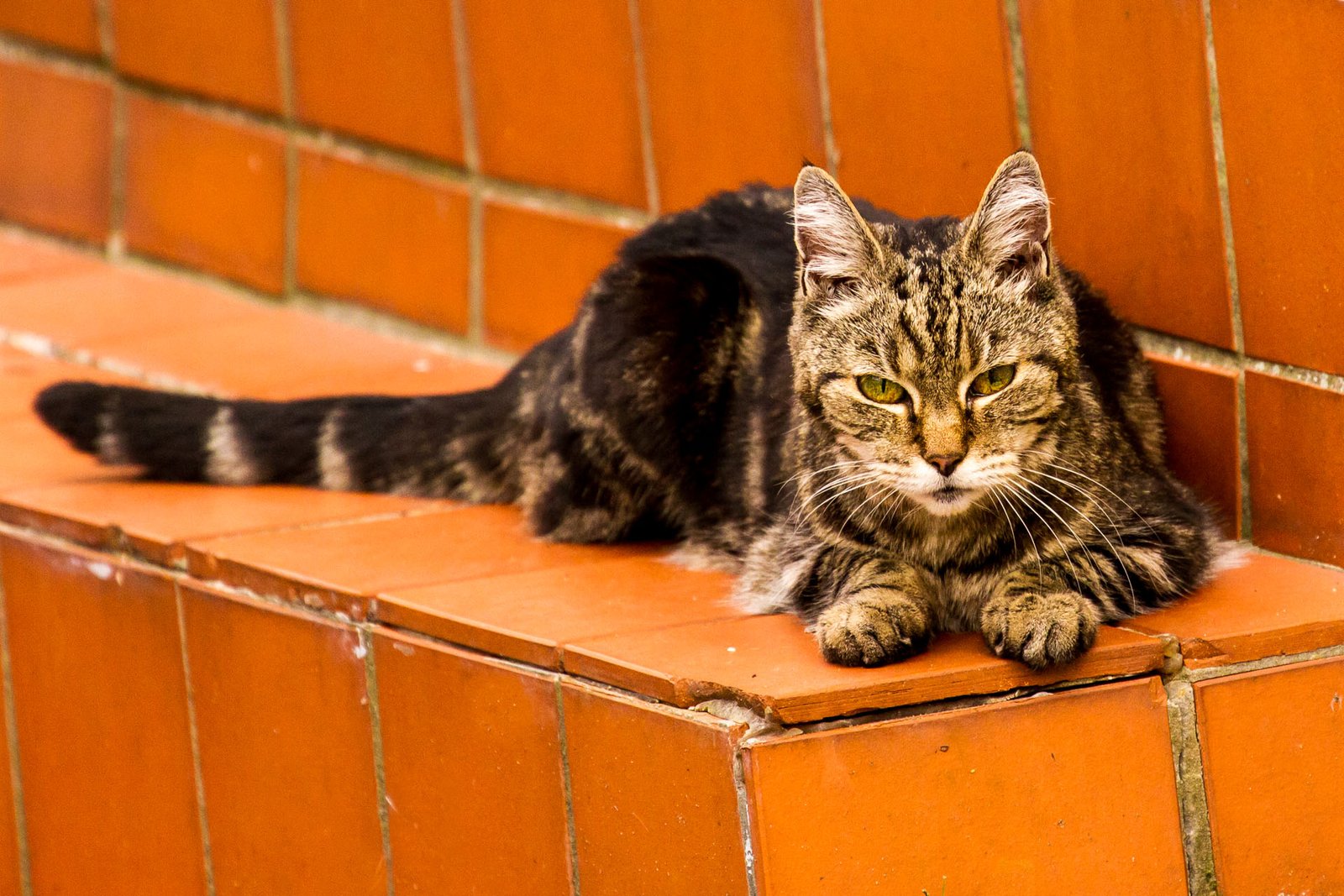
Senior cats need food that’s gentle on their stomachs and tailored to their slower metabolism. Look for formulas labeled for “senior” or “mature” cats, which usually contain more easily digestible proteins and less fat. Wet food can help if your cat’s teeth or gums are sensitive. You might notice your senior cat losing weight or becoming pickier with food. Don’t ignore these changes—sometimes adding a bit of warm water or a tasty topper can help. Keep fresh water available at all times to support kidney health. Regularly check their weight and consult your vet to adjust their diet as needed.
Regular Vet Visits and Health Monitoring

Frequent check-ups are crucial for catching health issues early. Older cats can hide pain or illness well, so routine exams can be lifesaving. Most vets recommend seeing senior cats at least twice a year. Ask for bloodwork and urine tests to spot problems like kidney disease or diabetes. Keep a journal with notes about your cat’s appetite, litter box habits, and activity. If you notice sudden changes—like weight loss, excessive thirst, or hiding—contact your vet right away. Being proactive about their health gives you the best chance of keeping your senior cat happy and comfortable.
Pain Management and Comfort

Chronic pain, especially from arthritis, can make life tough for older cats. If your cat moves stiffly or avoids jumping, it could be a sign they’re hurting. Your vet might suggest special medications or supplements like glucosamine. Heated beds or soft, supportive cushions can work wonders for achy joints. Gentle massages and careful handling go a long way. Don’t use human painkillers—they can be dangerous for cats. Always talk to your vet about safe options. When pain is managed, you’ll see your cat regain some of their old spark.
Adapting Playtime and Enrichment
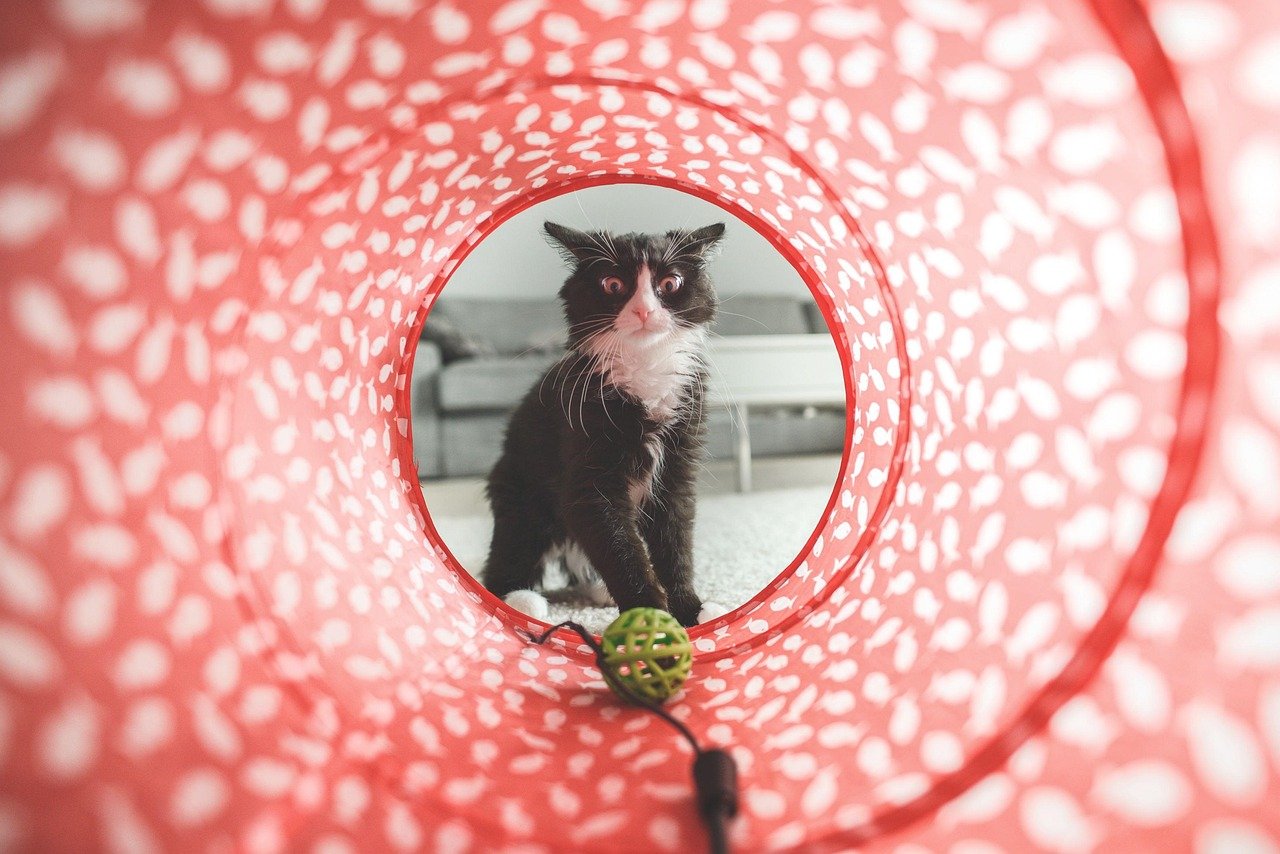
Just because your cat is old doesn’t mean they’ve lost their curiosity. Play is still important, but it needs to be gentle and low-impact. Use feather wands or soft toys that let them bat at things without too much effort. Puzzle feeders stimulate their brains and make mealtime fun. Short, frequent play sessions are better than long, tiring ones. Even simple activities—like watching birds through the window—can brighten their day. Regular enrichment keeps their minds sharp and helps prevent depression or boredom.
Helping with Grooming and Hygiene
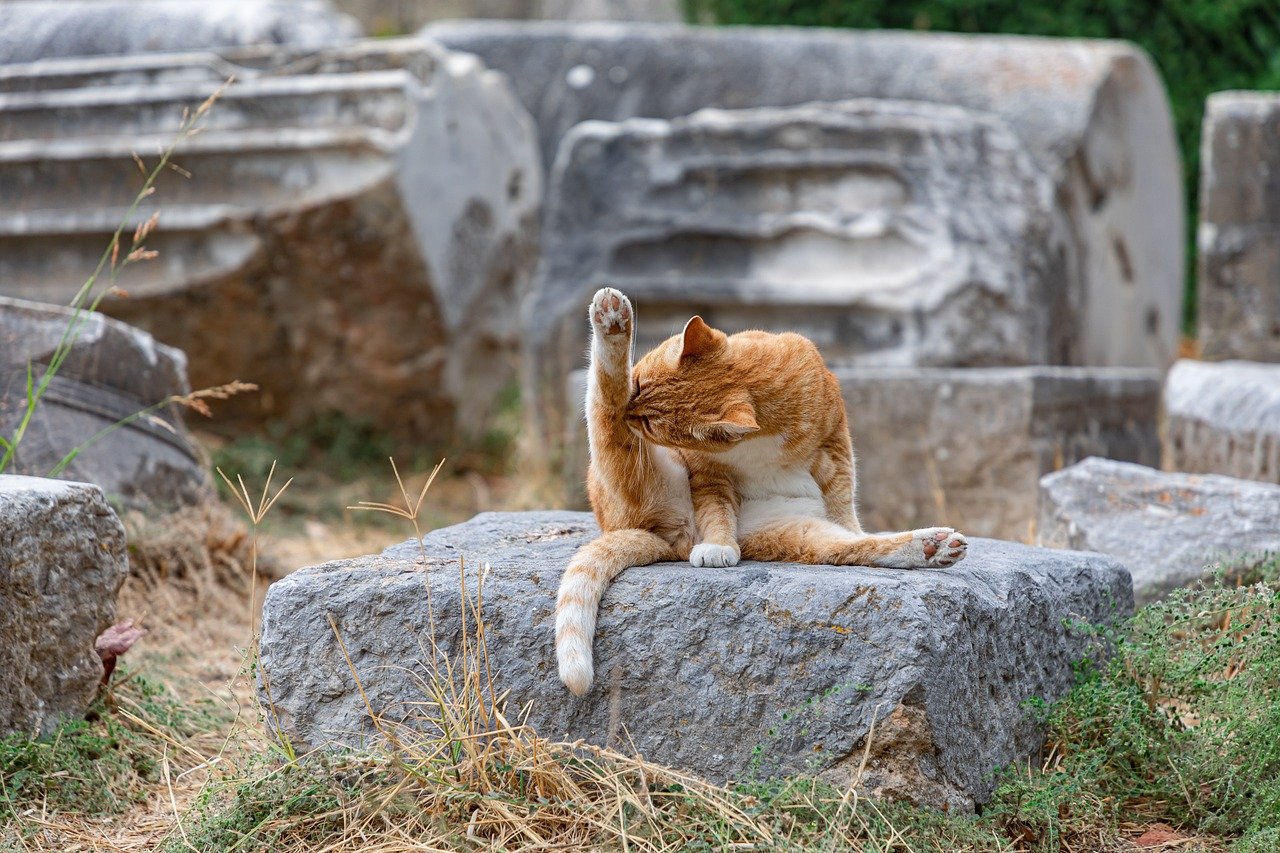
Senior cats may struggle to keep themselves as neat as they once did. Arthritis or stiffness makes it tough to reach certain spots. Brush your cat gently every day, focusing on areas they can’t reach. Use a soft brush or grooming glove to avoid hurting their sensitive skin. Check their nails, as older cats often stop using scratching posts as much. If your cat has trouble using the litter box, switch to a low-sided one for easier access. Keeping them clean and comfortable helps them feel their best.
Promoting Good Sleep
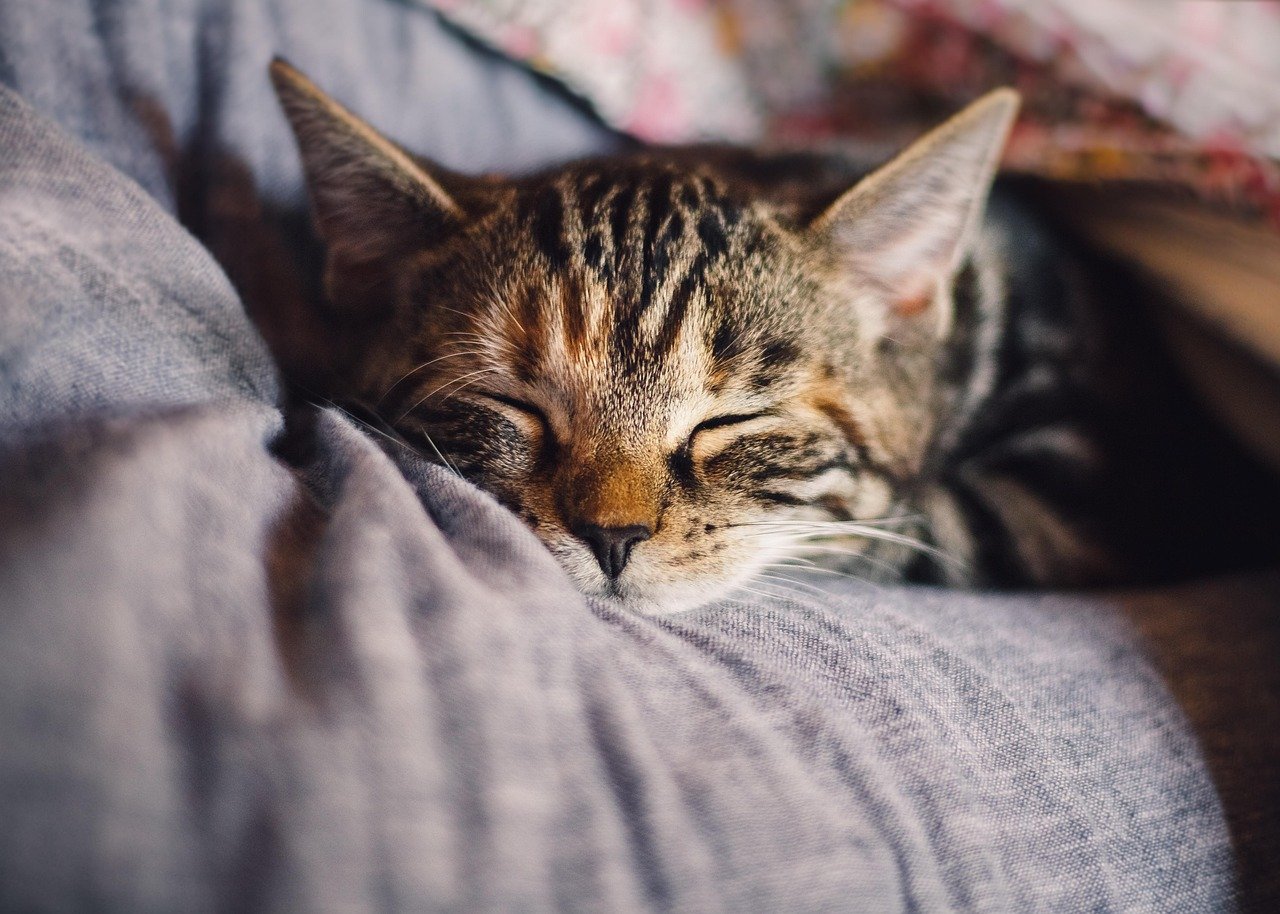
Sleep is sacred for cats—especially older ones. They might nap more, and in odd places. Give them several cozy beds in quiet, draft-free spots. Soft, warm materials mimic the comfort of snuggling with a littermate. If they like, try a heated bed, but always check for overheating. Avoid placing beds in high-traffic or noisy areas. If your cat seems restless at night, talk to your vet about possible causes, such as pain or anxiety. A restful cat is a peaceful cat.
Supporting Mobility and Independence
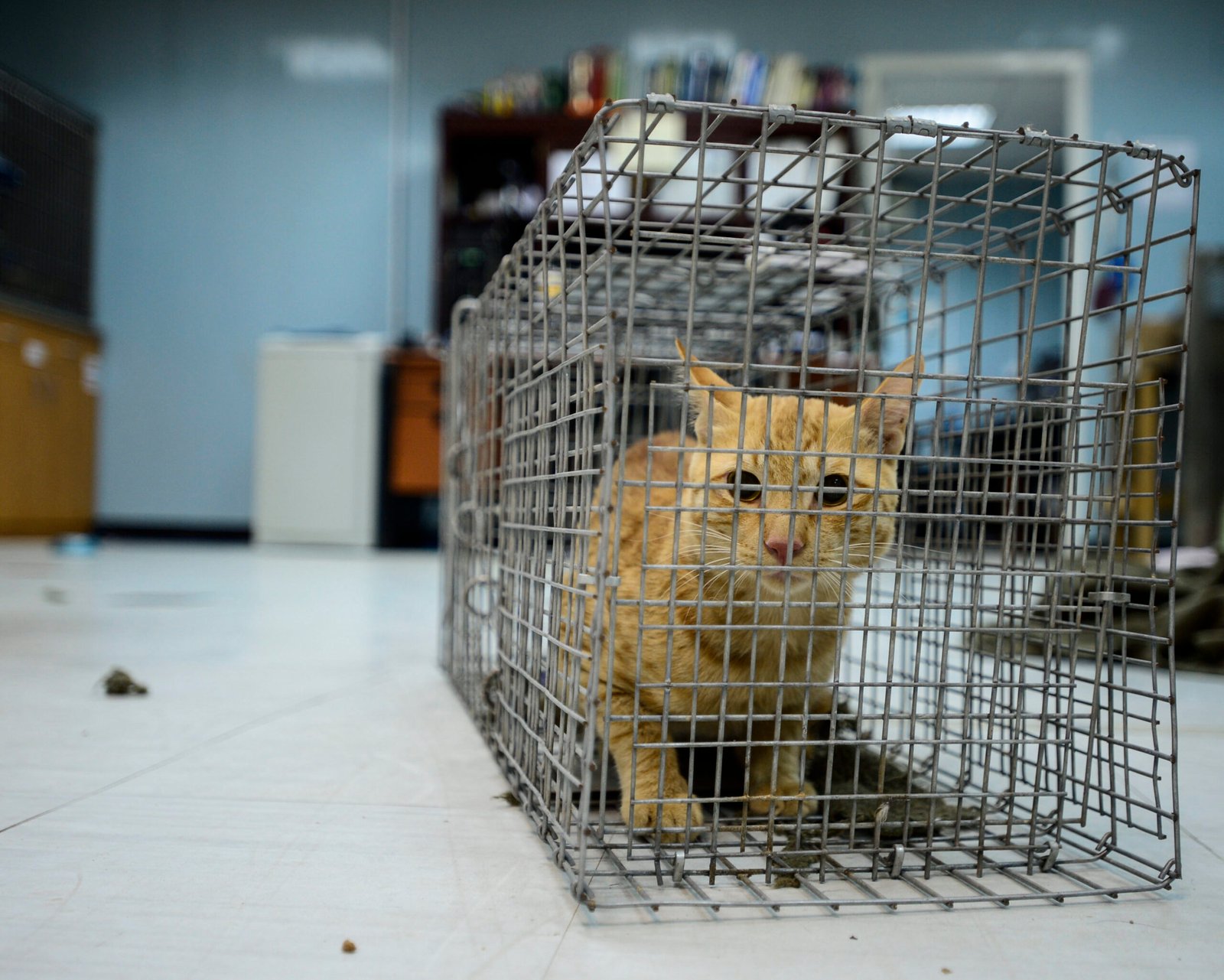
Loss of agility doesn’t have to mean a loss of freedom. Ramps or pet stairs can help cats reach their favorite spots without risky jumps. Non-slip mats give them traction on slippery floors. Rearranging furniture for easy navigation makes a world of difference. Let your cat make choices about where to rest or explore—independence boosts their confidence. If your cat becomes less mobile, bring the essentials (food, water, litter box) closer to their preferred hangout spots. Small changes can have a big impact on their daily comfort.
Maintaining a Calm and Predictable Routine
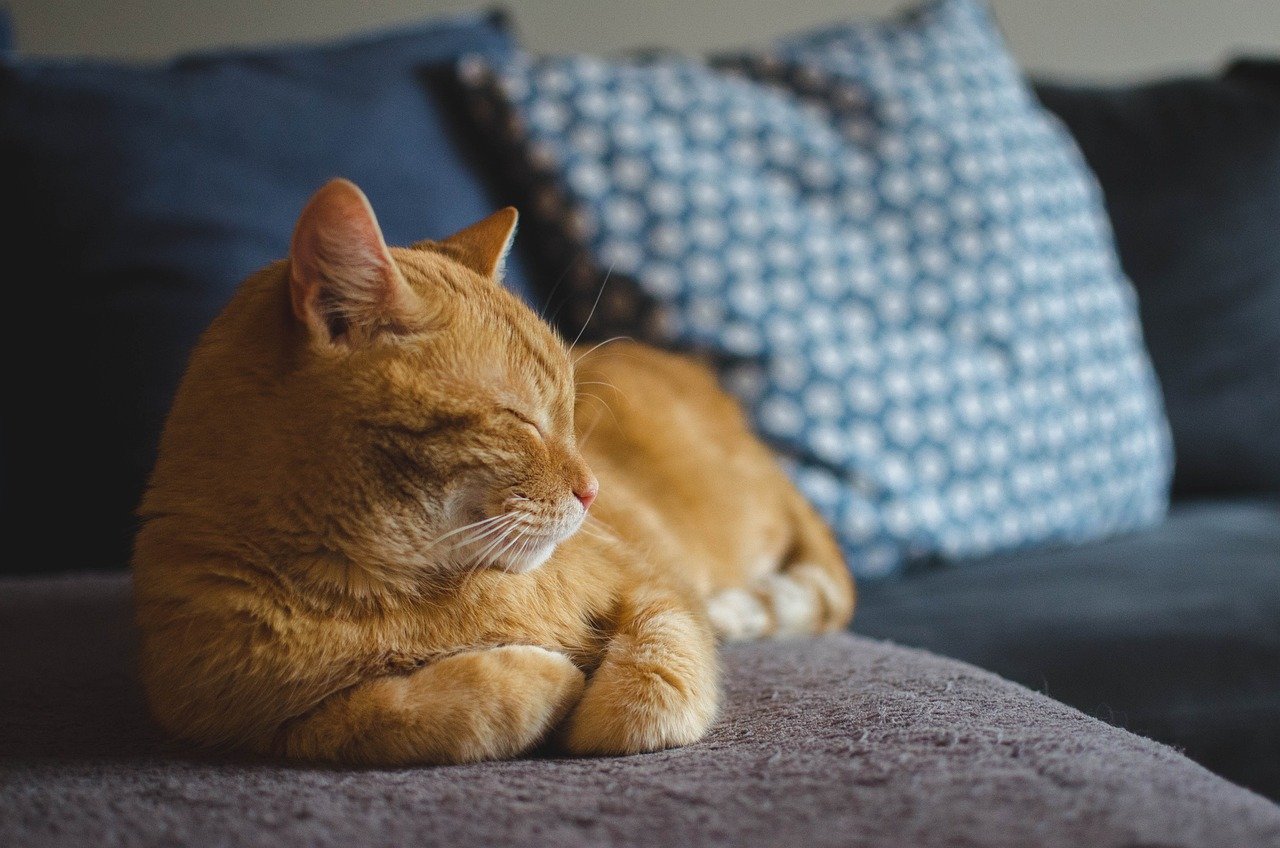
Cats thrive on routine, but it becomes even more important as they age. Sudden changes can be stressful for senior cats, leading to anxiety or behavioral issues. Feed them at the same times each day and keep their environment consistent. If you must make changes, do so gradually—move their bed or litter box a little at a time. Keep household noise and activity to a minimum. Routine offers comfort and helps your cat feel secure, even as the world around them changes.
Minimizing Stress and Anxiety

Older cats can become anxious more easily, whether from changes at home, new pets, or even loud noises. Provide hiding spots or safe spaces where they can retreat when overwhelmed. Calm, soothing voices and gentle handling help reassure them. Consider using feline pheromone diffusers to create a peaceful atmosphere. Avoid rough play or sudden movements. If your cat seems anxious all the time, consult your vet—sometimes medication or behavioral therapy is needed. A stress-free home is a sanctuary for your senior cat.
Compassionate Handling and Interaction
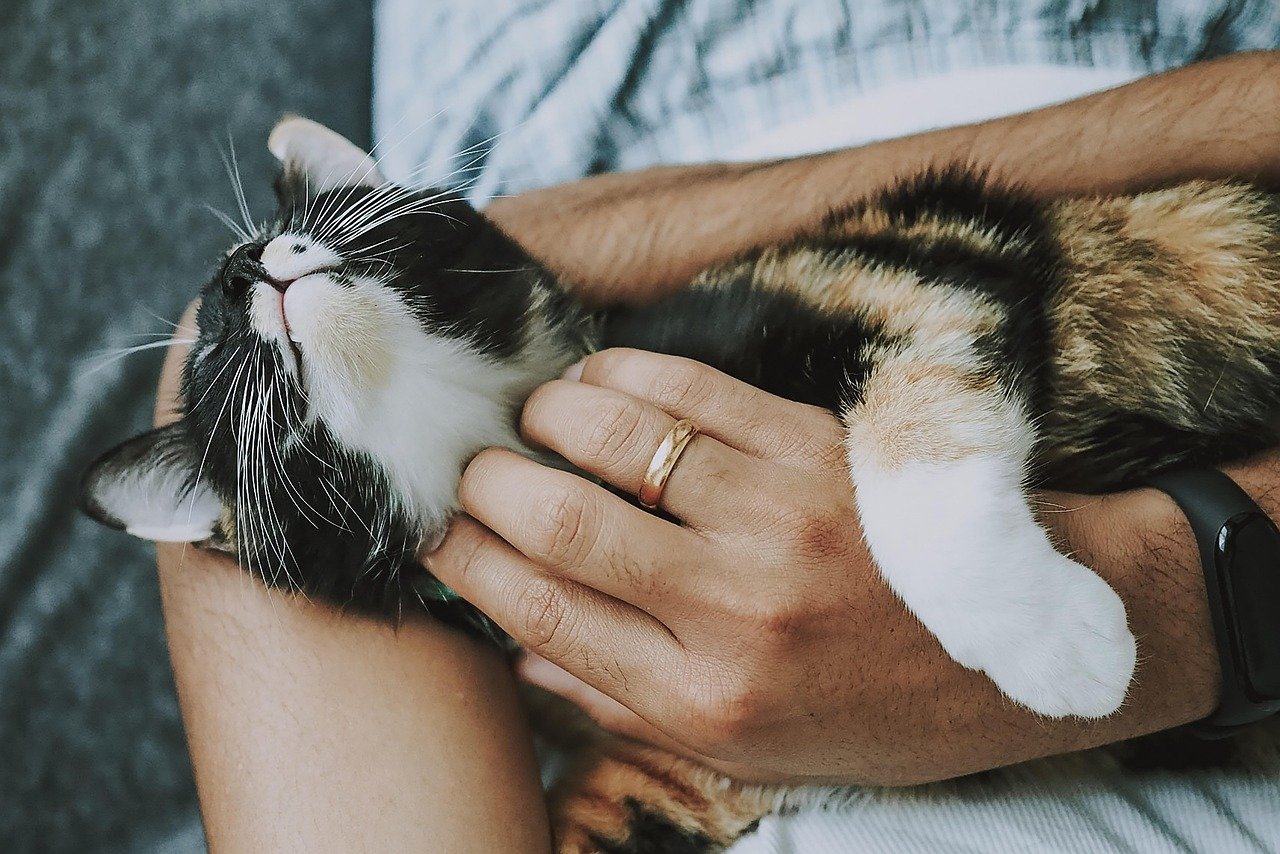
Treat your senior cat with extra kindness and patience. Move slowly and speak softly to avoid startling them. Let them approach you for affection, rather than forcing cuddles. Respect their boundaries—if they need space, give it. When holding or lifting your cat, support their whole body to reduce discomfort. Celebrate their quirks, even if they seem a bit more aloof or fussy than before. Every gentle touch and loving word builds trust and comfort.
Recognizing Signs of Discomfort or Illness

Cats are masters at hiding pain, so you’ll need to be a bit of a detective. Watch for changes in appetite, litter box habits, grooming, or social behavior. Limping, excessive meowing, or withdrawal are red flags. Sudden weight loss or gain can signal underlying health issues. Trust your instincts—if something feels off, it’s worth a call to the vet. Early intervention is key to preventing minor problems from becoming major ones. Your careful observation can literally add years to your cat’s life.
Providing Easy Access to Water
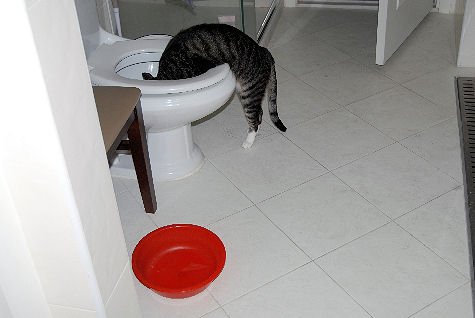
Dehydration is a common risk for older cats, especially those with kidney issues. Place multiple water bowls around your home, so your cat doesn’t have to travel far to drink. Many cats prefer running water—pet fountains can encourage them to drink more. Clean bowls daily to keep water fresh and appealing. Wet food can also boost hydration. Monitor how much your cat is drinking, and let your vet know if you notice any changes. Hydration is a tiny change that makes a huge difference.
Incorporating Gentle Exercise

Exercise keeps joints limber and minds alert, even for seniors. Short, gentle play sessions work best. Use toys that move slowly, like a feather on a string, to match your cat’s pace. Encourage them to stretch and walk by placing treats or toys a short distance away. Never force activity—let your cat set the tempo. Even a little movement each day can help maintain muscle tone and prevent stiffness. Think of it as a playful way to keep old bones young.
Making Litter Box Use Easier

Painful joints or declining eyesight can make litter boxes difficult to use. Choose a box with low sides for easy entry. Place it somewhere quiet and accessible, avoiding stairs if possible. Scoop daily to keep it clean and inviting—older cats can be picky. If accidents happen, don’t scold; instead, try to figure out what’s making the box hard to use. Sometimes, adding an extra box in another location helps. The goal is to make bathroom trips as hassle-free as possible.
Socializing with Other Pets and People

Older cats may not be as social as they once were, but they still appreciate gentle companionship. Keep introductions to new pets or people calm and slow. Give your cat plenty of places to escape if they need a break. Supervise interactions with boisterous animals or young children. Schedule quiet time together each day—reading, brushing, or just sitting side by side. Respect their preferences, but offer love and attention in whatever way they enjoy most. Social connection is a quiet source of happiness.
Providing Sunbeams and Window Views

Cats are sun worshippers—and senior cats especially love basking in warm, sunny spots. Arrange cozy beds or blankets in places where sunlight streams in. If possible, give them access to a window with a view of the outdoors. Watching birds, squirrels, or just the world going by can be endlessly entertaining. For cats who can’t jump, set up a ramp or place a bed at ground level. Sunlight is more than warmth; it’s a little piece of heaven for an aging cat.
Using Soothing Sounds and Scents

Calming sounds, like soft music or nature tracks, can help your senior cat relax. Avoid loud TV or sudden noises that might startle them. Some cats respond well to gentle, familiar scents—try placing a worn t-shirt or blanket with your scent near their bed. Feline pheromone diffusers can create a reassuring sense of safety. Always avoid strong perfumes or cleaning products that might irritate their sensitive noses. Creating a sensory oasis can make their world feel peaceful and safe.
Including Your Cat in Family Life
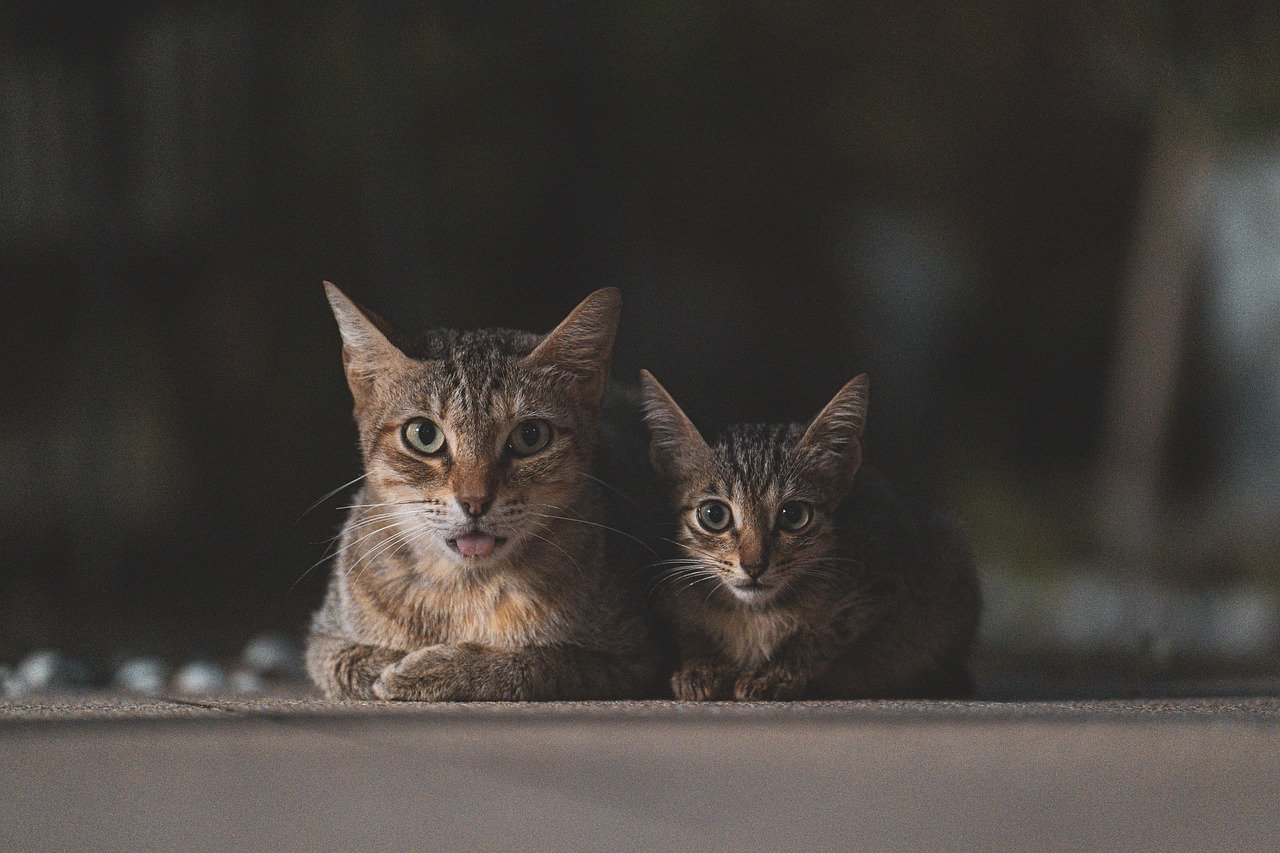
Don’t let your senior cat feel left out as routines shift. Invite them to join family activities, whether you’re watching a movie or having dinner. Place a soft bed nearby so they can be part of the action without being overwhelmed. Talk to them, even if it’s just a few words. Involve children in gentle play or grooming sessions. Let your cat’s unique personality shine—they’re still a cherished member of the family, no matter their age.
Celebrating Every Day Together
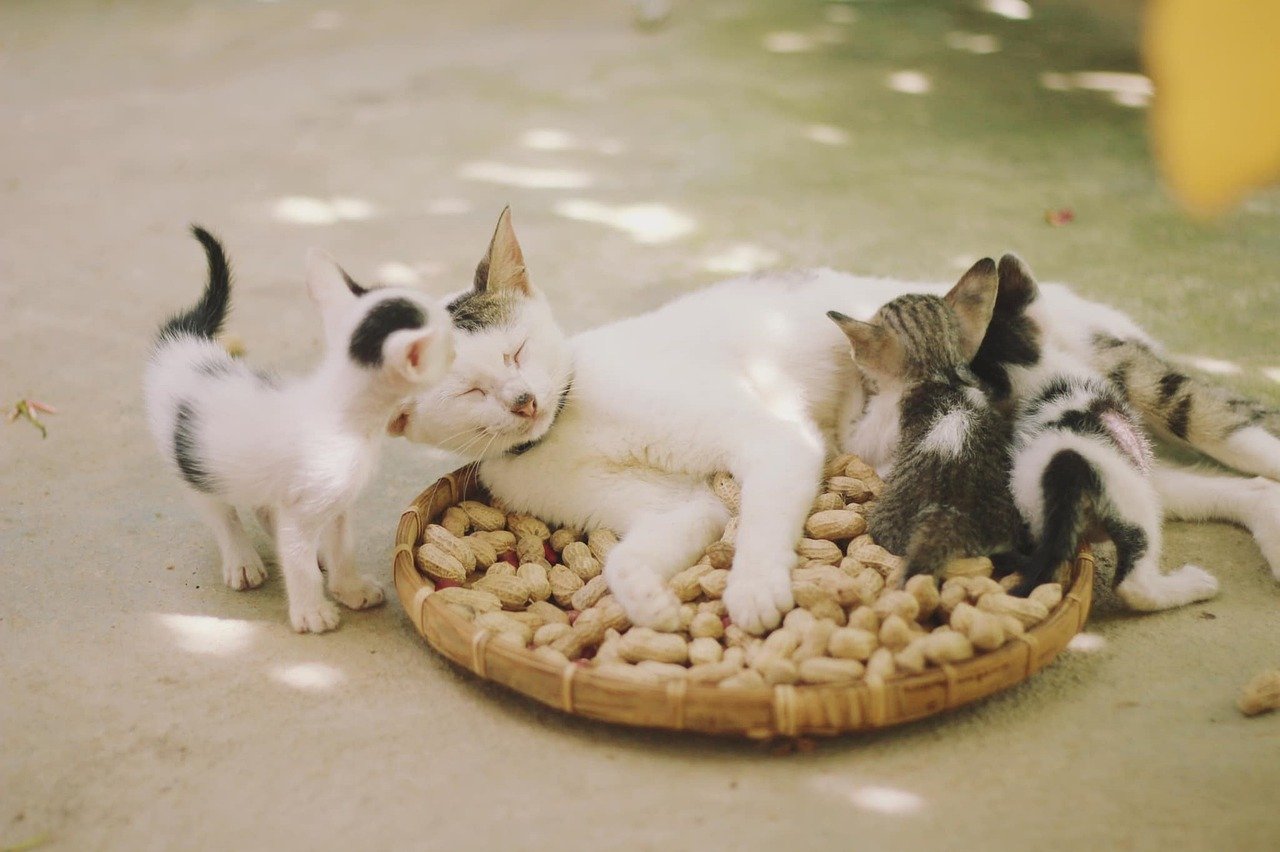
Cherish the time you have with your senior cat. Take plenty of photos, share stories, and create new memories. Give them treats, but also give them your attention and love. Notice the little things—soft purrs, slow blinks, moments of contentment. Each peaceful day is a gift for both of you. The simple joy of being together is what matters most.
Hi, I’m Bola, a passionate writer and creative strategist with a knack for crafting compelling content that educates, inspires, and connects. Over the years, I’ve honed my skills across various writing fields, including content creation, copywriting, online course development, and video scriptwriting.
When I’m not at my desk, you’ll find me exploring new ideas, reading books, or brainstorming creative ways to solve challenges. I believe that words have the power to transform, and I’m here to help you leverage that power for success.
Thanks for stopping by, Keep coming to this website to checkout new articles form me. You’d always love it!






